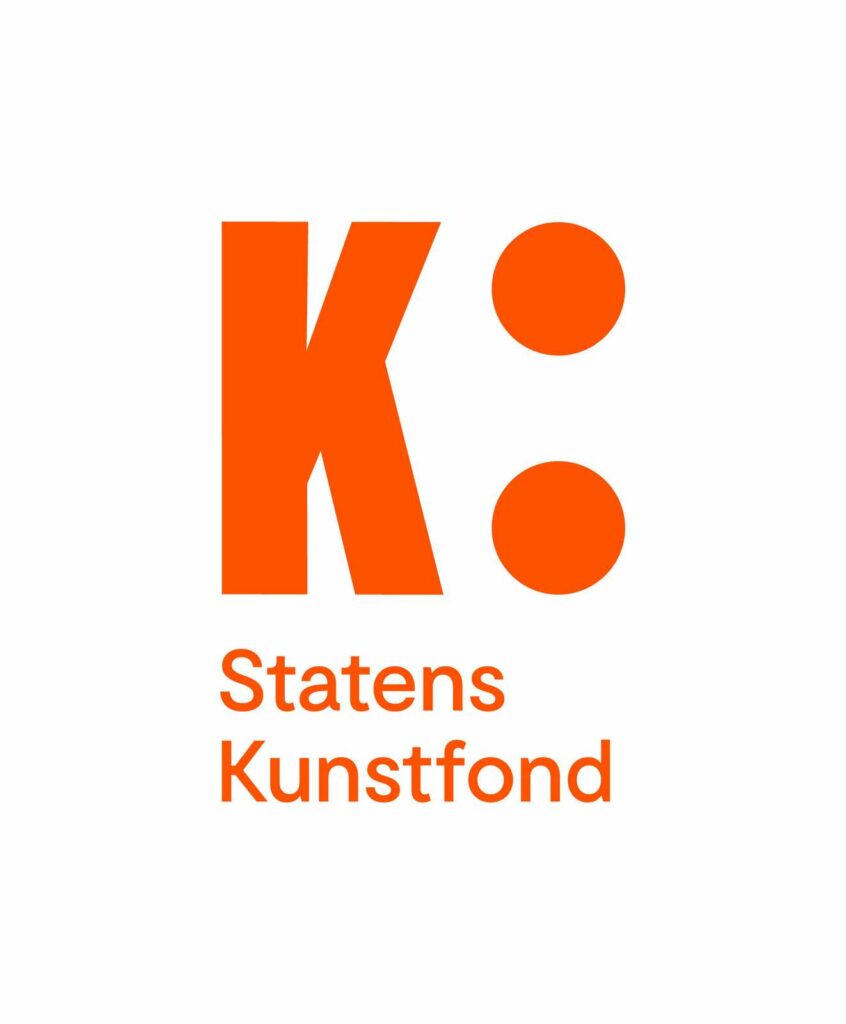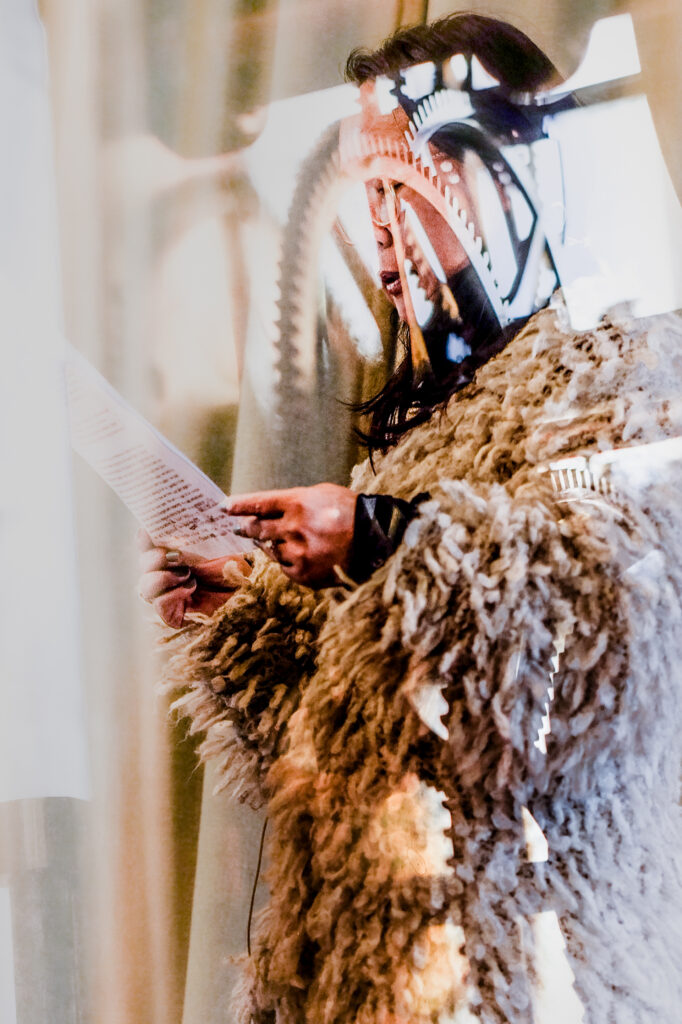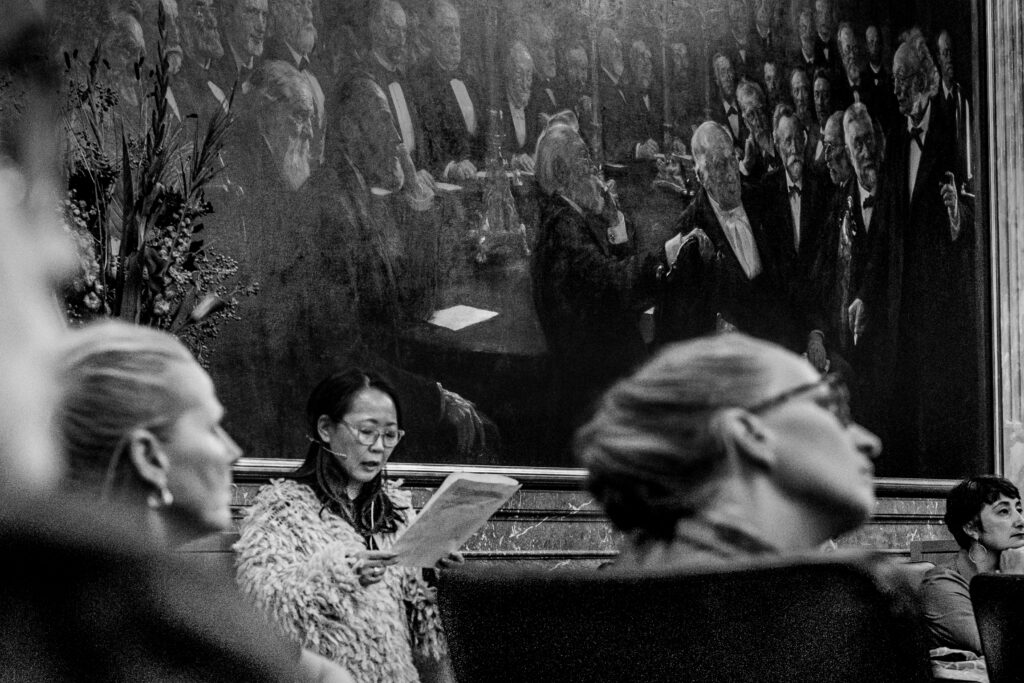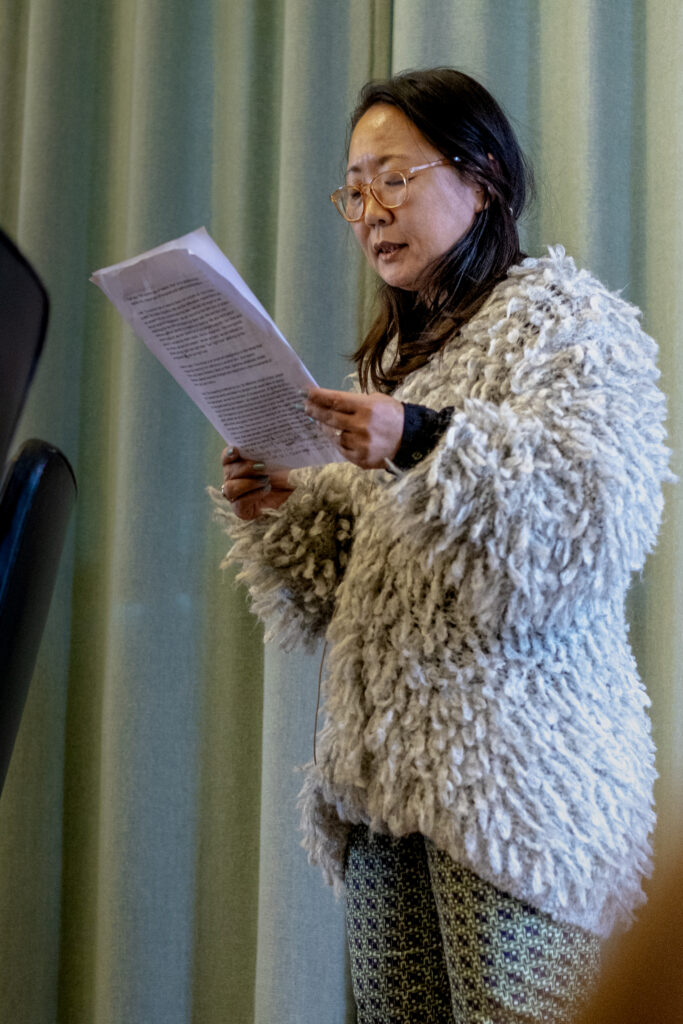Kant says: The supreme law of reason, then, is not difference but identity. A=A, independent of temporal and spatial considerations.
I say: The supreme law of reasons does not include us – the invisible bodies, the hidden migrators. We are the difference, maybe that is why we escape both the supreme and the law – we are not equal so we cannot become independent – we are bound to the definition of others – depending on the time and space you flesh out. We are born into darkness without identity to imagine our destiny. We are not A and A never equals B, we are ripped out of our mother’s womb – our time and placed in somebody else’s space. We the imaginary – the immigrants, the others, we are not present – we are not here, we are defined by others just as right now right here. Your “right now” defining us the immigrants is not our right now.
Bakhtin says: Chronotope is an anaphoric designation in the sense that it takes its meaning from reference to another term, time-space. Time, as it were, thickens, takes on flesh, becomes artistically visible; likewise, space becomes charged and responsive to the movements of time, plot and history.
I say: The meaning is defined by you, its reference is from a time, where you owned the world and killed my people to tell sweet tales of saving the barbarians, we are the narration of re-placement, of gratitude of you as the gods saving the hedens – we replace what should have been here – but is not here with somebody that should not have been here, but is here. The space is yours and we take place in your space – we exist at a point, where we do not bend the timeline nor alter the space – we step into a time and space that does not belong to us, and operate in it as somebody else. Time becomes a thin line we break again and again in order to re-create what has never been. We are the holders of an invisible space, that was already charged with meaning, before we arrived and time, plot and history respond only to you and I have no choice to become what you define.
Bakhtin says: what counts for us is the fact that the chronotype expresses the interseperability of space and time (time as the fourth dimension of space). In the literary artistic chronotype spatial and temporal indicators are fused into one carefully thought-out concrete whole
I say: Because your space and time is inseparable, we cannot fit in, we cannot be the glue nor the meaning. We leave our space and time behind, witness it being altered, so instead we have to operate with a dimension of sorrow in space – we do not have emptiness between our atoms, we have a thick layer of sorrow – we the separated people – we without dimension – invisible forever asked to contribute to a time, that is not ours.
We are caught in the carefully thought-out whole – in the families of capitalism, in the imagination of you. We are infused into happiness, a concept, a structure as the indicator at the right time in the right space without consent. without the ability to do, without existence. We are not immigrants – we are replacements.
Bakhtin says:“The essence of polyphony lies precisely in the fact that the voices remain independent and, as such, are combined in a unity of a higher order than in homophony.”
I say: The polyphony exist only in my head – in the darkness feeding an inner polyfonic dialogue between what “never was” and “what never is”, a dialogue about not only the imaginary but the invisible imaginary (how can I imagine what I don’t know). I have no language – The language once mine is lost and I have nobody to talk to. This is where the chronotope of the transnational adoptees gives birth to an offspring; a spark, a need to become independent of all your tales of me, that is not me, but the only me I have and that forces me to retelling your tales in a vain hope of finding mine.
Bakhtin says: “Where there is no passage of time there is also no moment of time, in the full and most essential meaning of the word. If taken outside its relationship to past and future, the present loses its integrity, breaks down into isolated phenomena and objects, making of them a mere abstract conglomeration.”
I say: my body is the abstract conglomeration – an archive of fragmented isolated phenomenons – the talk about past and future never applies to me – my now is always out of relationship – my now exists besides your now as a manifestation of the quantum Physics parallel universes – I am the alien living amongst you – the starchild hidden in pieces – the obvious alien being told to believe, that home is earth but eriely living besides you and not with you sensing that you know that I know. I have lost my passage home.
Camus say: The only way to deal with an unfree world is to become so absolutely free that your very existence is an act of rebellion.
I say: The concept “to adopt” is in its fundamental essense to become something you are not – the forced immigartion is not just to merge or place a body in a new context but to re-place. The Adoptee re-place the self in a performative family structure and thereby reenact the emotions and needs of somebody else – of an imaginary child in an imaginary family. My body is squeezed into your family’s timespace. The price is to surrender and give up my definition of “own” and “self”. I am not I – if I free myself, I free another I than my I and therefore I will never be free. My rebellion is to seek, knowing I can never find but only re-construct.
Hegel says: At night all the cows are black
I say: At night we are the changelings – the oafs from the underground unknown, mis-understood and deceived just longing to return. Our body migrated so long ago just to become invisible.
Photos: Wei Weng
Performed at:
“Crossing Borders: Migration and the Visual Arts in Denmark, 1800-2021”, Royal Danish Academy of Science and Letters, Copenhagen, Denmark 24th of September 2021
Published at:
Bastard Blog ved Mette Garfield
Tak til



